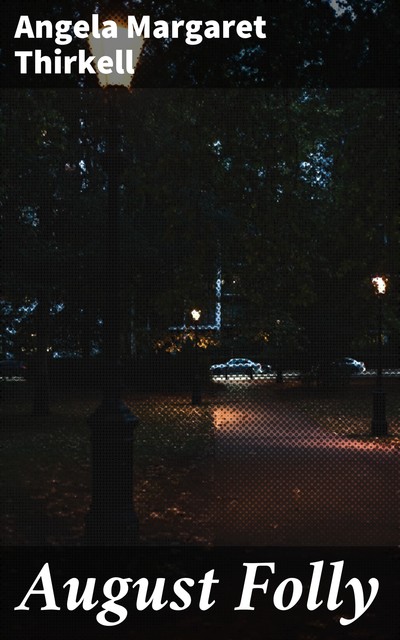In “August Folly,” Angela Margaret Thirkell masterfully weaves a narrative set in the idyllic English countryside, capturing the fleeting joys and misadventures of summer. Through her characteristic blend of wit and keen social observation, Thirkell crafts a comedic exploration of relationships amidst the backdrop of a quaint village. The literary style, marked by rich characterizations and sparkling dialogue, reflects the post-World War II era, highlighting the social dynamics and class distinctions of rural England while resonating with timeless themes of love, misunderstandings, and the aspiration for personal fulfillment. Angela Margaret Thirkell, a prominent figure of 20th-century British literature, drew upon her own experiences of community life and social interactions, often reflected in her semi-autobiographical writings. Raised in a family steeped in literary tradition, Thirkell's upbringing in the English countryside provided her with a wealth of material, allowing her to illuminate the nuances of human behavior and rural society in her works. “August Folly” stands as a testament to her skill in blending humor and realism, reflecting both the vitality and vulnerabilities of life. Readers seeking an engaging and delightful narrative will find “August Folly” to be a poignant exploration of human connections. Thirkell's eloquent prose and vivid character portrayals invite readers to lose themselves in a world where laughter and heartfelt moments intertwine, making it a perfect read for fans of classic British literature and those who appreciate a sharp, insightful commentary on everyday life.


